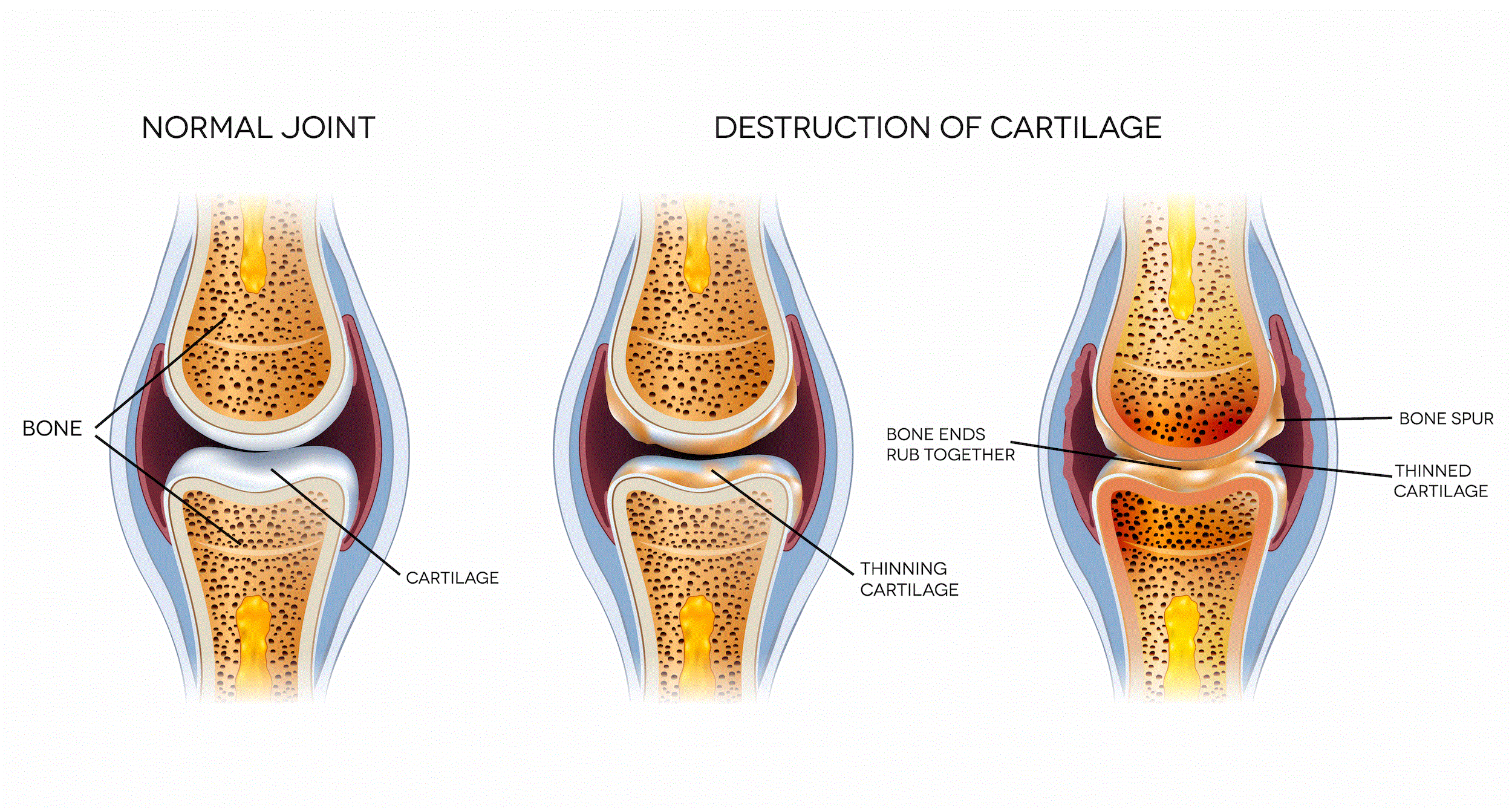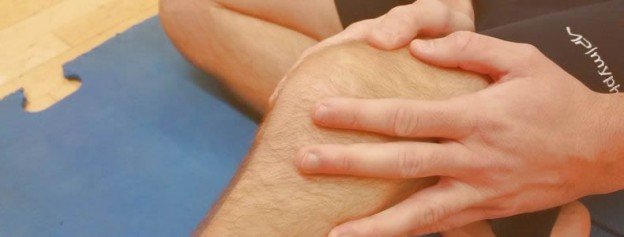nalco group
bone, muscle & joint pain physio
BOOK NOW / WHATSAPP ABOUT YOUR PAIN OR INJURY
- ORCHARD 400 Orchard Road #12-12 Singapore 238875
- TAMPINES 9 Tampines Grande #01-20 Singapore 528735
- SERANGOON 265 Serangoon Central Drive #04-269 Singapore 550265
Home > Blog > Cartilage Damage Physiotherapy
Cartilage Damage Physiotherapy

The cartilage and cartilaginous structures in our joints and body are easily injured and damaged, and more of the time its due to direct trauma eg direct hits in a car/motorbike accident or falls or being hit.
Inflammation by disease can also cause cartilage damage.
When/if a patient has cartilage damage and pains, he or she must always consider to see an experienced physiotherapist first for pre-operative physiotherapy to strengthen the affected part (eg muscles around the joint) at least 2-3 months before the surgery.
This will accelerate:
- recovery rate post surgery eg getting up in bed, sit to stand, walking about will be much faster to improve
- closer to 100% pre-operation function and mobility at a faster rate
- discharge rate - fitter patients often can discharge days (and in some cases, weeks earlier) compared to someone who is unfit/sedentary
What Are The Symptoms of Cartilage Damage?
When a patient presents with a damaged cartilage, of course what will present is the common:
- swelling
- pain
- hard to move/stiffness
- decreased range of motion
If the cartilage damage is very bad (medically, very bad is termed as "severe"), sometimes a piece of cartilage can dislodge and come loose...and get stuck in weird places eg causing a joint to "jam", "catch" or "lock".
How Can We Help?

Phoenix Rehab senior physiotherapists are specially selected and brought in based on their:
- experience in sports, orthopedic and musculoskeletal conditions
- passion in this niche
They are trained and experienced in treating patients with cartilage damage for both:
- pre-operative cartilage physiotherapy
- post-operative cartilage physiotherapy
What our senior physiotherapists will do is to focus on:
- managing pain
- managing decreased range of motion and stiffness
- helping patient to improve mobility, function and strength in the affected joint
- accelerate the full recovery of the patient to return back to life, work and lifestyle
They will also provide ultrasound therapy to accelerate soft tissue healing.
Also, our senior physiotherapists, hand occupational therapists and sports massage therapists work with many different orthopedic doctors, sports physicians and general practitioners; and we are more than happy to refer you/patients to them based on their expertise (ie if you have a knee injury, we can refer you to a knee specialist).
Of course, we recommend that you always get physiotherapy post surgery or pre-surgery physiotherapy, be it for:
- arthroscopic surgeries
- joint replacements (partial or full)
- internal fixations for fractures or repairs to soft tissues
to accelerate your return to work and life as soon as possible.
What Can You Expect from cartilage physiotherapy?
What our senior physiotherapists, hand therapists and sports massage therapists will do is
- understand your condition, pain levels, activity/fitness level
- the hand therapist may be called on to fabricate a customized hand/joint splint for you
- prescribe and do with you a you-specific customized rehab program to improve range of motion, strength, and function
Also, as and where necessary, our senior therapists may also teach you
- how to use aids such as crutches
- ensure you can move about safely which include getting up and out of bed, moving about your house, work, transport etc
Of course, you are highly recommended to see our senior physiotherapist until you
have achieved/reached the optimal function from the injured/repaired joint and we are happy to serve you until you've reached 100%.
